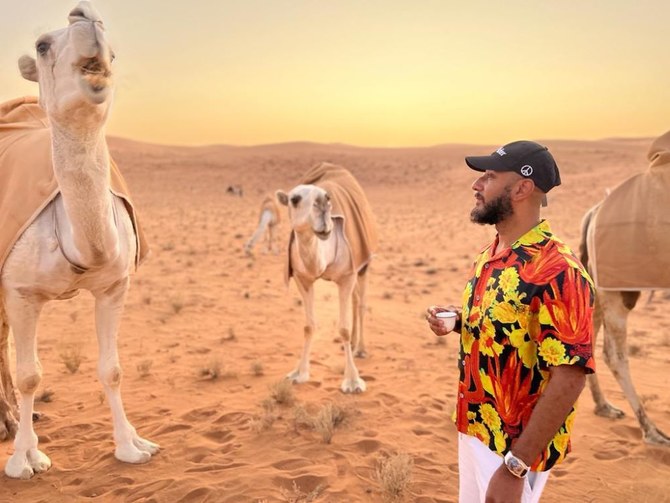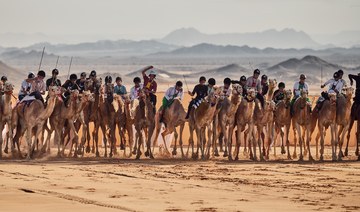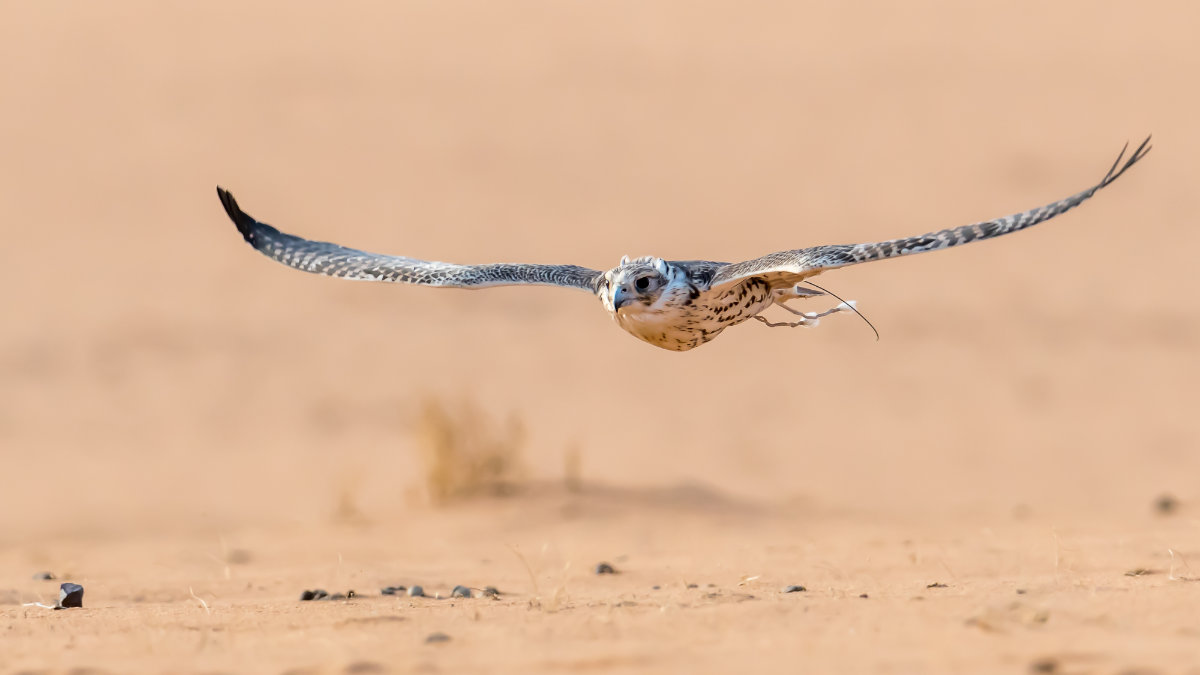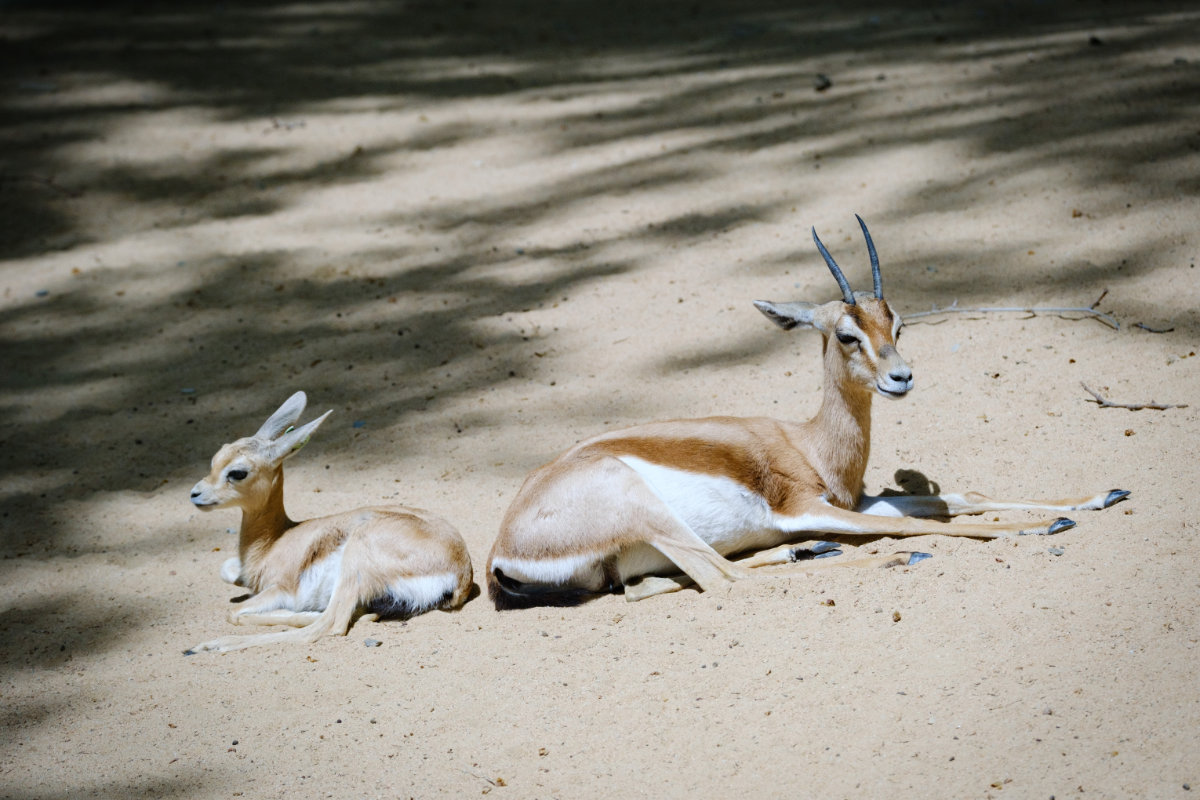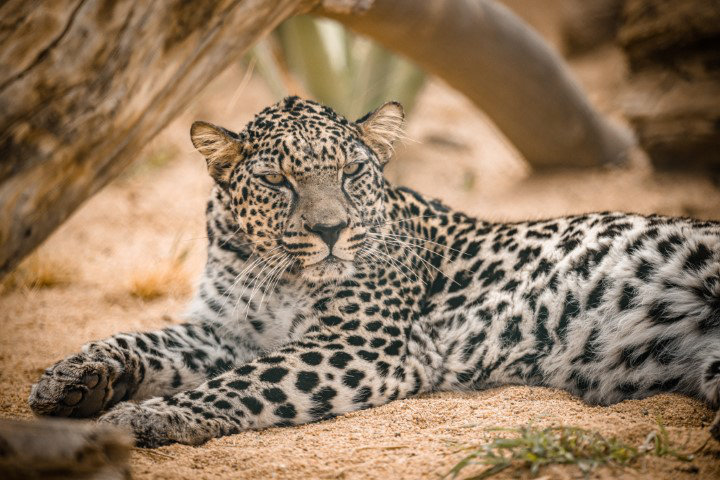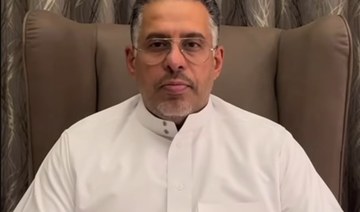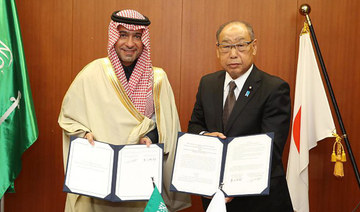DHAHRAN: The “ships of the desert” will start racing on Wednesday, April 24, when the second AlUla Camel Cup takes off. At the race this year will be a familiar face: Swizz Beatz, the first and only American owner of a camel racing team in Saudi Arabia. He will, once again, be participating in what is deemed the “world’s most prestigious camel racing event,” which ends on April 27.
Born Kasseem Daoud Dean and known professionally as “Swizz Beatz,” the American record producer and rapper joined the camel-racing world five years ago and hasn’t looked back. His team’s name, Saudi Bronx, which is also a brand offering clothing and accessories, is inspired by his hometown in New York’s South Bronx and Saudi Arabia.
“I'm having fun with it,” Swizz Beatz told Arab News ahead of the race. “Anything that I’m having fun with is easy for me to do. And then on top of that, we got over 20-something trophies.
“The fact that we’re even in the AlUla Cup is major because that means that we have four chances to do some big things.”
Wanting to participate in the race does not grant one an automatic shoo-in, celeb or not. There is a rigorous process and strict criteria to qualify.
“We can’t just apply for this race; they have to pick camels based on speed and based on rankings and things like that,” he explained.
This year, the UN and the Ministry of Culture both designated 2024 as The Year of the Camel, highlighting the cultural and civilizational significance of the majestic animal.
This special focus adds a new cultural dimension to the event, marking AlUla as a must-visit destination to celebrate and honor the camel. It will showcase the best of the best as the animals race for speed, the jockeys demonstrate skill and everyone honors tradition.
“The journey has been very educational, very humbling. It’s a glimpse into something that has been such a pillar in (Saudi) heritage that it’s just awesome to see,” Swizz Beatz continued.
As with the previous edition, this year’s event will also be organized by the Royal Commission for AlUla in partnership with the Saudi Camel Racing Federation.
“The AlUla Camel Cup stands proudly as the pinnacle of camel racing and has assumed a starring role in elevating AlUla’s regional and global standing as a premier heritage sports destination,” Ziad Al-Suhaibini, RCU’s chief sports officer, said.
Taking place at AlUla’s Mughayra Heritage Sports Village, the four-day event will feature the region’s fastest camels and most talented riders across several rounds of competition. There will be substantial prize pots and AlUla Camel Cup champion trophies up for grabs.
Camel racing, which dates to the 7th century, is an ancient heritage sport woven into the fabric of the local culture.
“There’s nothing that I need to change with them; they’ve been bringing home the magic,” Swizz Beatz said of his camel racing trainer, Hamed, and his team.
When asked what was different this time around, he replied: “I just think that we’re more prepared this time.”
The Saudi Bronx merch store will also be stocked with fresh drops.
“We just wanted to have something for the brand (so) that even if people can’t come to the race, they can represent,” he said. “People go crazy over the Saudi Bronx hoodies and stuff like that. Last year was a very small setup, which was cool because everybody was just starting,” he said.
This year’s AlUla Camel Cup is expected to be the most spectator-friendly race, thanks to the freshly formed Royal Pavilion and the expansive Heritage Village.
Workshop sessions will be available throughout the four days, with enriching sessions centered on calligraphy, traditional pottery-making, Sadu weaving, and bakhour, or incense. Children will be able to ride camels, create camel origami and clay models, and use augmented reality to bring their imaginative camel creations to life.
Last year, the races attracted 2,550 visitors and created a flurry of posts on social media.
“My kids are very into culture — period. We travel and they’ve been here (to the Kingdom),” Swizz Beatz shared.
He credits his children with motivating him to pursue his goals. They influence his moves, he said, but he also aims to do the same for them.
“I teach them to believe in their vision. Even if no one is able to comprehend it at that moment, you might be ahead of your time. I also am influenced to show them different things and to step outside of the box because a lot of people were laughing at me (for owning a camel racing team) … The same people (now) want to come to a race,” he said.
He sees being part of the camel-racing world as a way to “give back to the people,” pay homage to the locals, and combine all of his passions; family, fun, music, movement, culture, and a fresh experience steeped in history and nostalgic vibes.
Swizz Beatz, who usually brings his family along, will come solo this time. His wife, superstar Alicia Keys, will stay behind in New York to tend to the recent opening of her Broadway show based on her life, “Hell’s Kitchen.”
He has been adamant about showcasing his trips to the Kingdom on his social media platforms. Unlike many American stars who have only recently parachuted into AlUla either for work or pleasure, his family has a long history with the Kingdom.
“The journey (into Saudi Arabia) for me has been very natural. My grandfather went to Makkah in the 1970s. Back then, my grandfather also managed (boxing legend and cultural icon) Muhammad Ali,” Swizz Beatz told Arab News.
He hopes to take that same trip alongside his grandfather soon.
“I haven’t been to Makkah. I’m planning on taking my grandfather because he’s been with me about it and because I didn’t want to do the trip without him. Inshallah, we have to do that this year. He’s not getting younger,” he said.
After earning recognition for his other projects, which granted him celeb status in the US and even within the Kingdom, Swizz Beatz is excited about this new chapter in his life.
In AlUla, the camel-racing community knows him as one of them.
“They call me Abu Nasser. I feel like they might not know my music, but they definitely know the Saudi Bronx and it’s kind of amazing that I had a new identity in a whole new field in a whole new country — and it has nothing to do with music,” he said.
Nonetheless, he will still use his musical talents while at AlUla.
The Grammy winner will be spinning at AlUla on Wheels II to DJ on two of the nights at his AlUla on Wheels spot.
He hopes to expand his skating energy with live DJs into places like Jeddah and Riyadh, but for now, is happy to continue to spin in AlUla.
But the priority of his current trip will be the camels. He said that his first interaction with a camel was many years ago, perhaps at Disney World. Since then, he has studied the scene and has worked hard to be part of the community.
He hopes his participation at the Camel Cup will continue to raise awareness. While mindful of the obstacles ahead, he is grateful for the overall journey.
“You know, even if everything was to stop today, we’ve made history. To be the first outside of the GCC to own a team in the entire federation … that will forever be in history; you cannot erase that,” he said.
He concluded, saying he hopes camel racing will become as popular and well-known as Formula One.










